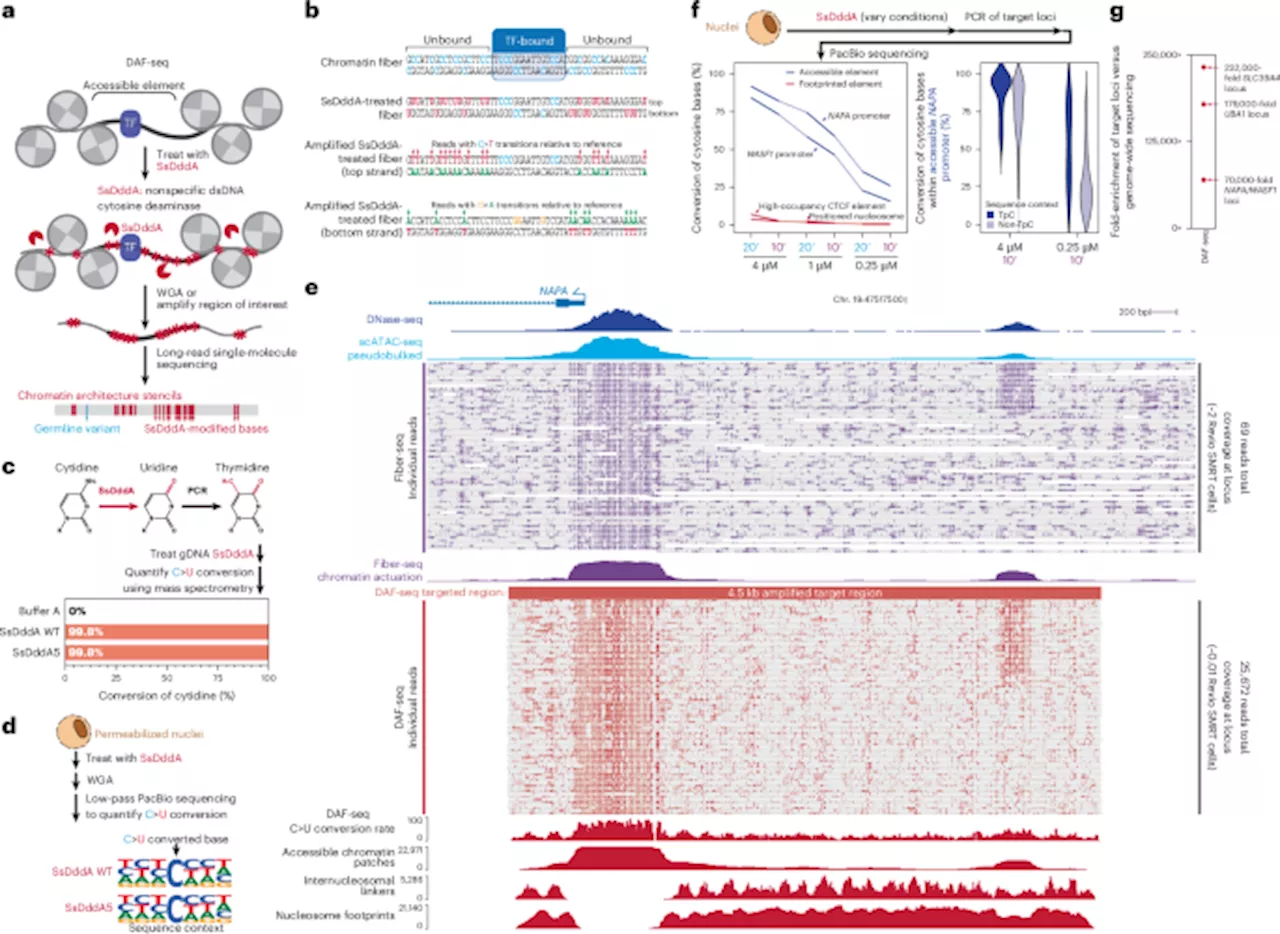Engineers at the Southwest Research Institute (SwRI) have introduced a new testing methodology aimed at examining stochastic pre-ignition (SPI) in hydrogen-fueled internal combustion engines (H2-ICEs). This advancement provides the automotive industry with essential tools to address the challenges presented by hydrogen fuel and to promote the development of cleaner engine technologies.
The research conducted at SwRI focuses on a critical issue affecting the performance and efficiency of hydrogen-fueled engines. SPI, a phenomenon where fuel ignites prematurely, can lead to engine knock, reduced efficiency, and potential damage. By establishing a systematic approach to testing SPI, engineers hope to mitigate these risks and improve the viability of hydrogen as a sustainable fuel source.
Advancements in Engine Technology
The new methodology developed by the team at SwRI allows for more precise evaluations of how hydrogen behaves under various conditions within an engine. This is particularly important as the automotive industry shifts toward greener alternatives amid increasing environmental regulations.
According to SwRI’s research, the methodology involves a series of controlled tests that simulate different operational scenarios. The goal is to better understand the variables that contribute to SPI and to develop strategies to counteract its effects. This research not only aims to enhance engine performance but also seeks to ensure that hydrogen-fueled engines can compete with traditional fuel sources in terms of reliability and efficiency.
The implications of this research extend beyond just technical improvements. With the global push for cleaner fuels, advancements in hydrogen engine technology could significantly impact the automotive market. As manufacturers explore hydrogen as a viable alternative to fossil fuels, the insights gained from SwRI’s work will be invaluable in guiding future developments.
Industry Impact and Future Prospects
The automotive industry is increasingly investing in hydrogen technologies, reflecting a growing recognition of hydrogen’s potential as a clean energy source. As major players in the sector commit to reducing carbon emissions, the findings from SwRI could play a crucial role in accelerating the adoption of hydrogen-fueled vehicles.
By addressing the challenges of SPI, SwRI’s research may lead to more efficient hydrogen engines that can meet the demands of today’s consumers while adhering to stricter environmental standards. As the industry evolves, the focus on innovative solutions like those developed at SwRI will be essential for achieving sustainable automotive technologies.
In conclusion, the work being done at the Southwest Research Institute represents a significant step forward in hydrogen engine research. With the potential to improve engine performance and support the transition to cleaner fuels, this effort underscores the importance of innovation in addressing the automotive industry’s challenges. As engineers continue to refine their methodologies, the future of hydrogen-fueled engines looks increasingly promising.







